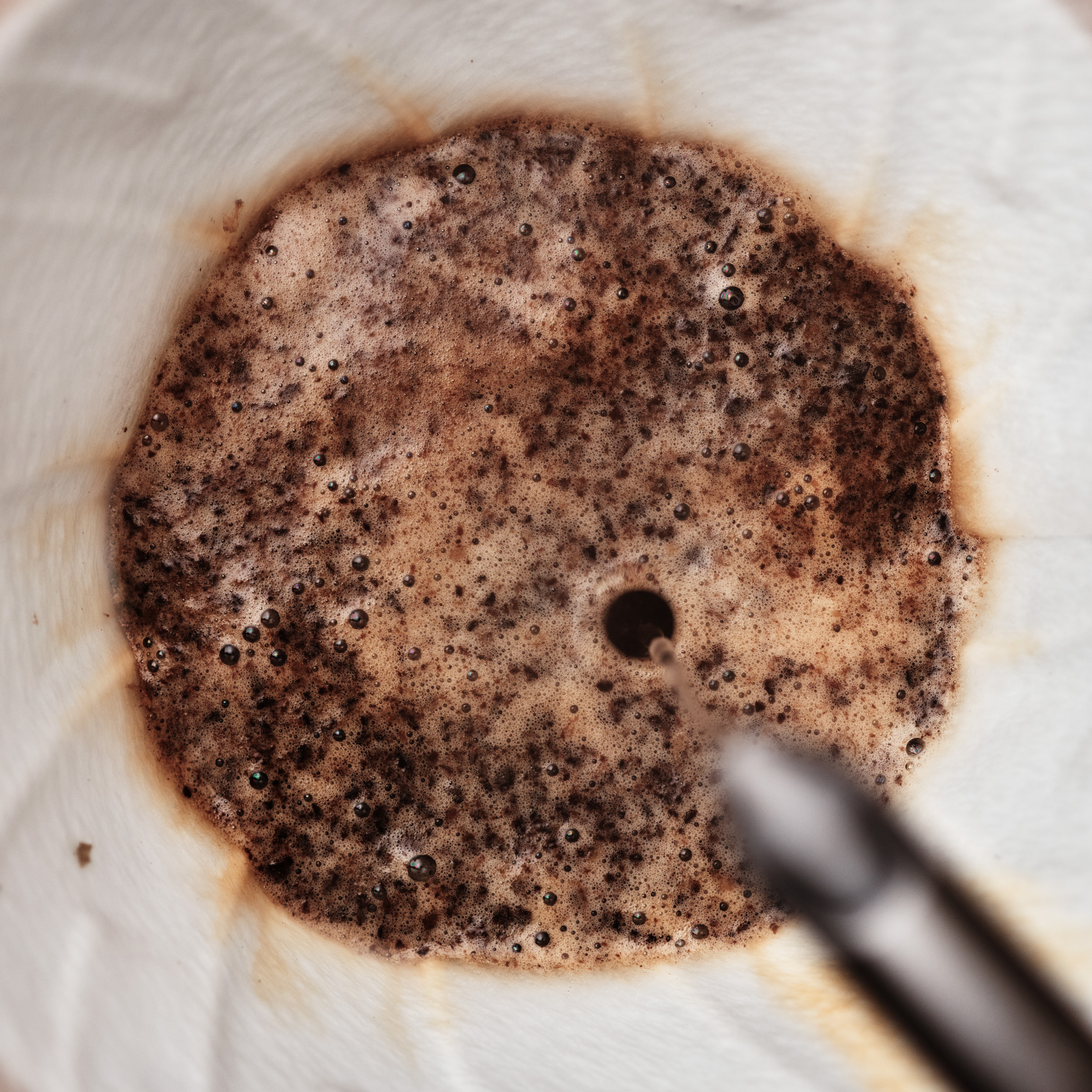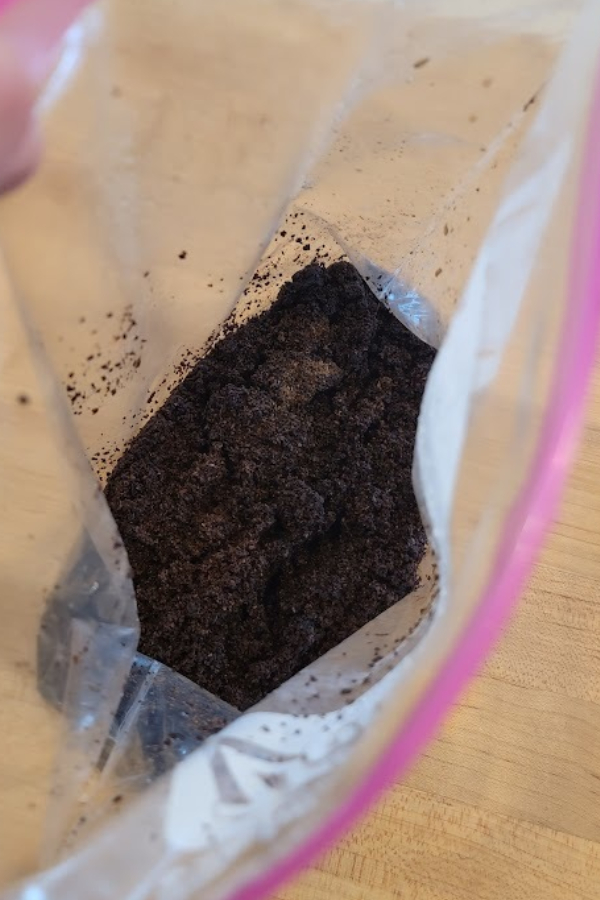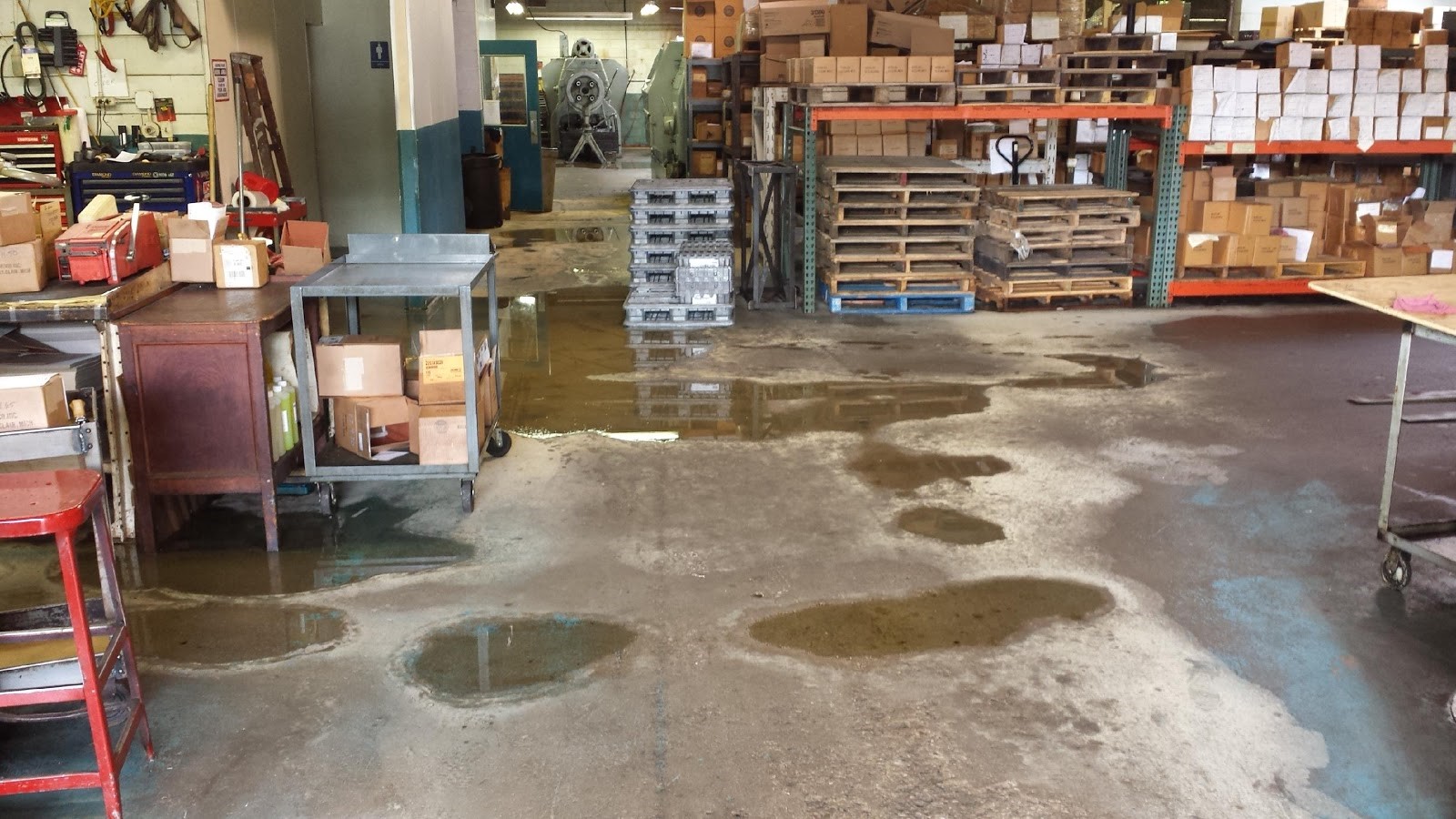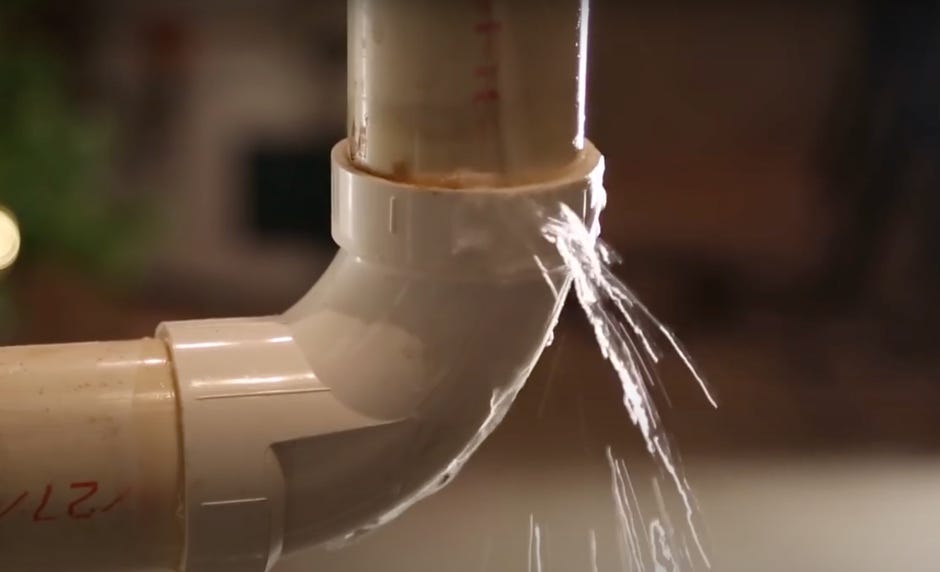Just how do you really feel in regards to What are the consequences of putting coffee grounds?

If you're an avid coffee enthusiast, you might be wondering about the most effective way to get rid of your coffee grounds. While it may appear hassle-free to wash them down the sink, this practice can lead to a number of problems for both your plumbing and the setting. In this article, we'll explore whether it's secure to put coffee premises down the sink and discuss different disposal techniques to take into consideration.
Threats of Putting Coffee Grounds Down the Sink
Plumbing Issues
Among the key interest in getting rid of coffee premises down the sink is the threat of blocking your pipelines. Coffee grounds don't liquify in water and can accumulate with time, forming a thick sludge that can obstruct drains pipes and cause expensive plumbing repair services.
Environmental Impact
Beyond the possible damage to your plumbing, placing coffee premises down the sink can also harm the environment. When cleaned into the sewer system, coffee premises can add to clogs in drain lines and therapy facilities. Additionally, the high concentration of raw material in coffee grounds can diminish oxygen levels in waterways, adversely affecting marine life.
Alternatives to Disposing of Coffee Grounds
Composting
One environment-friendly choice for taking care of coffee grounds is to compost them. Coffee premises are abundant in nitrogen, making them an exceptional addition to compost piles or bins. As they disintegrate, they include nutrients to the soil, enhancing its fertility and texture.
Trash Disposal
If you don't have a composting setup, another option is to merely throw your coffee premises in the garbage. Be sure to secure them in a compostable bag or container to prevent smells and leak. While this method doesn't offer the very same environmental advantages as composting, it's a safe and convenient means to get rid of coffee grounds.
Tips for Proper Disposal
Make Use Of a Sink Strainer
To avoid coffee grounds from entering your sink's drainpipe in the first place, consider making use of a sink strainer. These economical tools trap solid bits, including coffee grounds, preventing them from causing blockages.
Regular Maintenance
No matter how you choose to take care of your coffee grounds, it's vital to maintain your plumbing consistently. Arrange routine drain cleansings to eliminate any kind of buildup and make certain that your pipes stay clear and free-flowing.
Conclusion
While it may be alluring to wash coffee grounds down the sink for ease, doing so can have major repercussions for your plumbing and the setting. Instead, take into consideration composting your coffee grounds or getting rid of them in the trash. By adopting accountable disposal practices, you can enjoy your coffee guilt-free while minimizing your eco-friendly impact.
Coffee Grounds Down The Drain: Are They OK?
Can Coffee Grounds Go Down the Sink?
You may be thinking, “But I pour them down the sink drain every day and I’ve never had a clogged drain!” You see, coffee grounds come from coffee beans, which are virtually rock hard by the time they’re ground and brewed. You certainly wouldn’t want to grind up the pit from a peach, apricot, or nectarine that is about just as hard because they wouldn’t break down like other foods, and it’s the same with coffee beans!
If you usually grind coffee beans in the garbage disposal because it seems the cleanest and convenient, we don’t fault you for that. And anyone who has ever had to clean up the trash with spilled coffee grounds after a dog got into it would understand the rationale. Unfortunately, coffee grounds do not break down in water, so instead of grinding up and washing away as normal foods do in a garbage disposal, they clump together and as time goes by, the grounds can form a clump and pack the drain until it develops a clog.
What to Do With Coffee Grounds
So, what do you do with coffee grounds if you can't put them down the drain? You could of course just throw them in the garbage, but we encourage you to give these practical uses for them a try!
- Since coffee grounds contain key minerals for plant growth, you can use them to fertilize your garden.
- Coffee grounds not only fertilize gardens because they are mineral-rich, but they are also great at absorbing contaminants in the soil, particularly heavy metals.
- Coffee grounds are said to attract worms, which help gardens flourish.
- You can use coffee grounds as fertilizer by sprinkling them around your plants.
- You can compost your coffee grounds and use them at a later time.
- Coffee grounds are great insect repellents when you place them in bowls or sprinkle them around the areas you want to repel insects.
- To remove fleas from your dog or cat, simply shampoo your pet then rub coffee grounds throughout their fur. Rinse them off and dry as usual.
- Like baking soda, used coffee grounds can eliminate odors. You can place them in a bowl in the fridge and let them do the work!
- Mix coffee grounds with coconut oil for a wonderful face or body scrub, or to reduce the appearance of cellulite.
https://www.wintershomeservices.com/blog/2019/august/coffee-grounds-down-the-drain-are-they-ok-/

I am just very interested in Should You Put Coffee Grounds Down the Sink? and I am hoping you enjoyed reading the new article. Liked our posting? Please share it. Let another person check it out. Thanks a lot for your time. Visit us again soon.
Visit The Following Page

